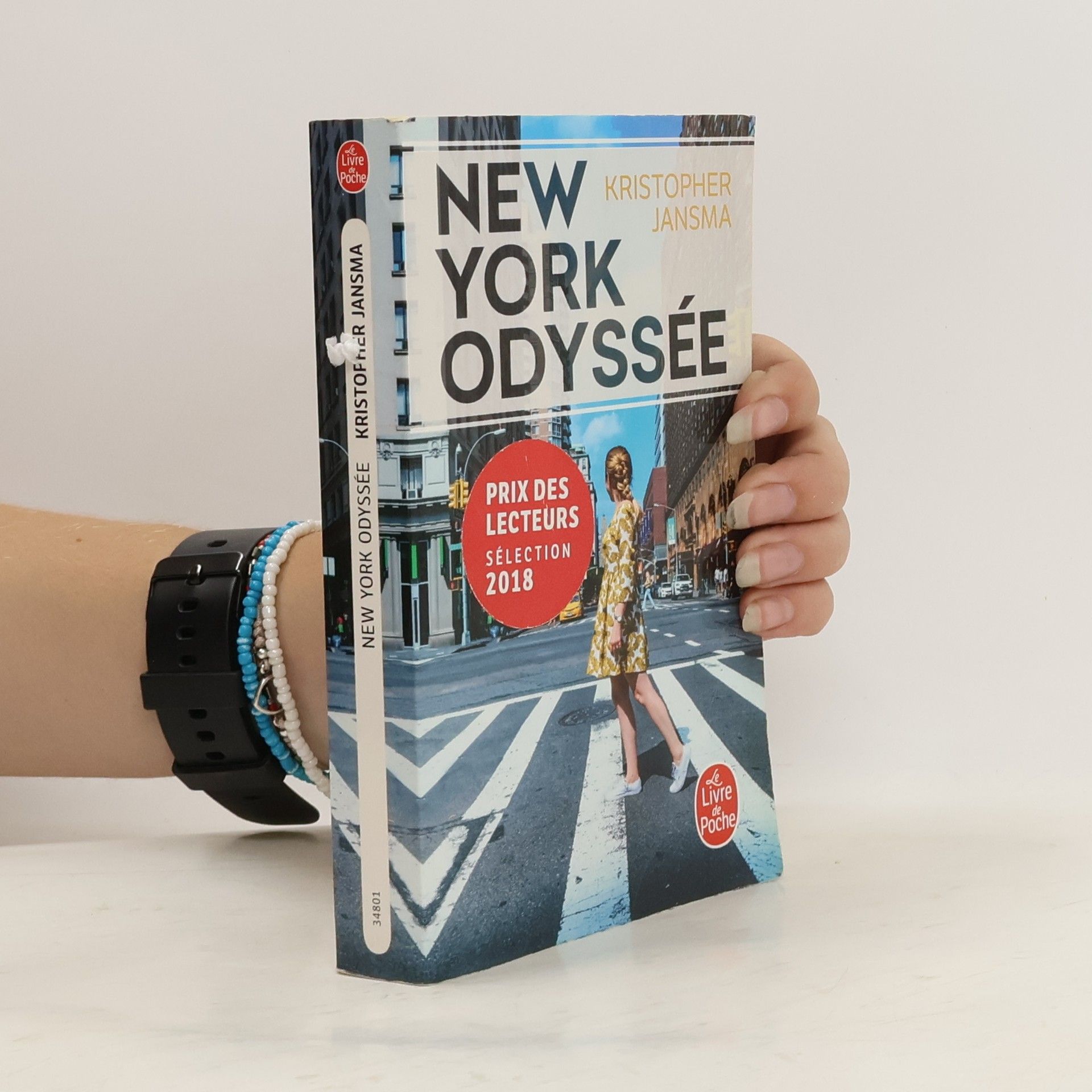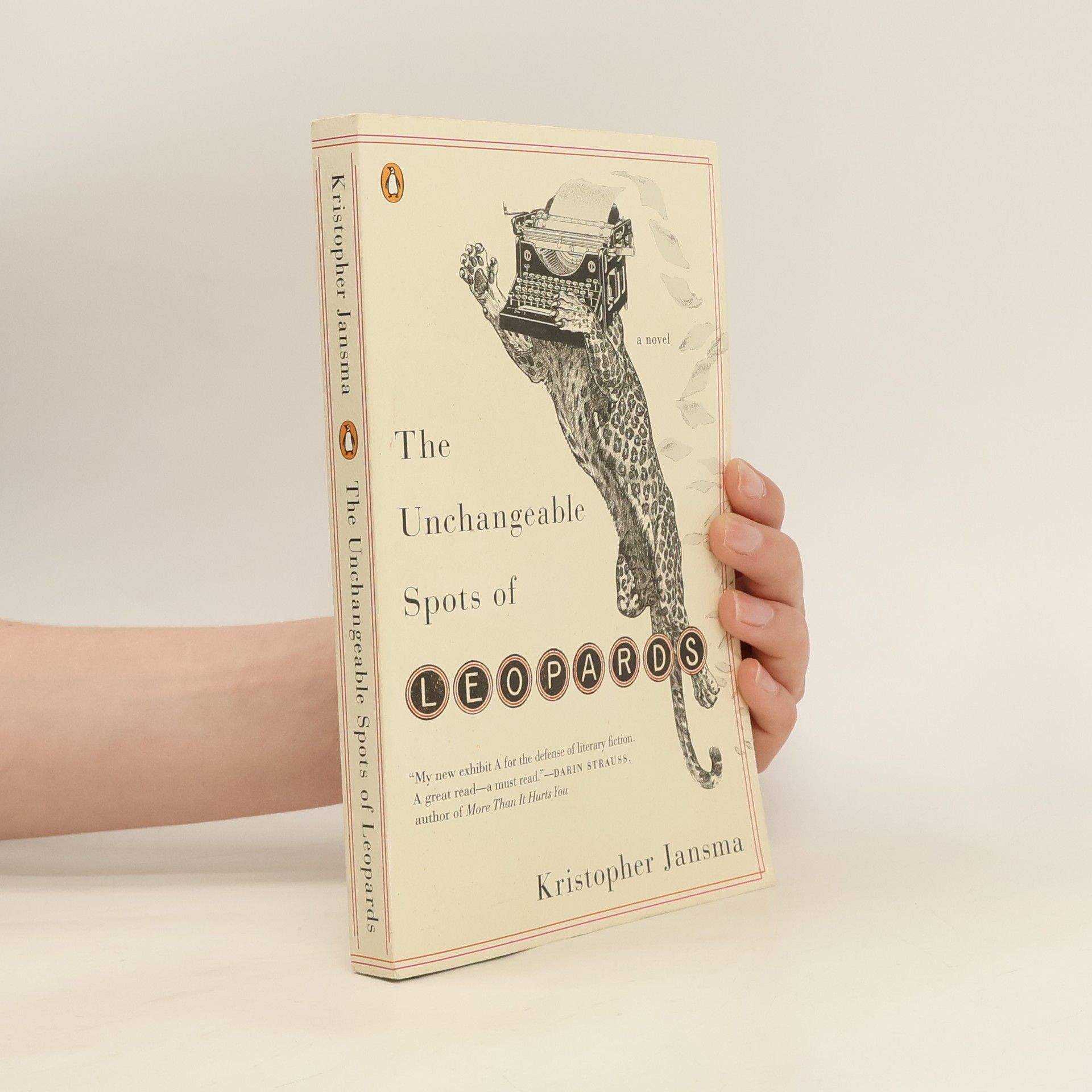Our Narrow Hiding Places
- 260 pages
- 10 hours of reading
An elderly woman's reflections on her family's survival during the Nazi occupation of Holland reveal long-buried secrets that affect her descendants. Mieke Geborn's quiet life in New Jersey is disrupted when her grandson Will and his wife visit, prompting him to seek answers about their family history. As Mieke recounts her childhood experiences during the brutal Hunger Winter, the narrative unfolds across the landscapes of war-torn Europe, intertwining themes of survival, resilience, and the lingering impacts of trauma across generations.




